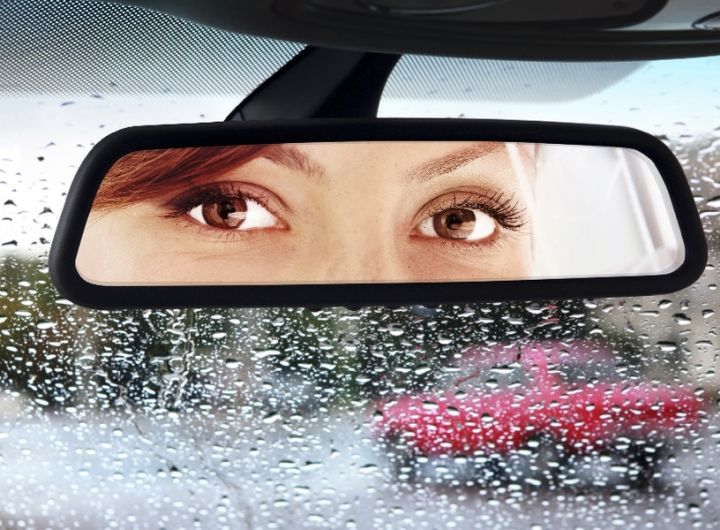
Driving doesn’t just come naturally – neither does parenting
Sometimes when people talk about parenting support and education, comments will be made that governments are meddling in people’s private lives, as though we’re on the verge of a society where we’ll all be forced to serve our children identical meals.
But what if we looked at educating people about parenting (and perhaps the basics of interpersonal communication and managing strong emotions) in the same way we look at driver education?
No-one in their right mind would say those without the necessary experience or education should be allowed to drive. And we all recognize that there’s more to good driving than just knowing how to steer and push the pedals. “But won’t lessons make us all drive to the same destination?” Of course not.
BEING PREPARED
One way we make our roads safer is by providing advice and learning opportunities, especially to young drivers. These include things like getting teenagers to learn the road rules before they even get behind the wheel, widely publicizing the dangers of speeding and drink-driving, and promoting driver education, or more accurately pre-driver education.
The idea is to make everyone (especially new drivers) safer and more knowledgeable drivers, which of course also benefits everyone else on the road. This has been demonstrated by a substantial drop in negative outcomes – for instance, comparing the annual road toll in Australia from 1970 (3798) with today’s (1206 in 2015).
But it’s also important to consider what we’ve gained, and the many economic and social benefits of being better drivers.
How does this relate to parenting and interpersonal relationship support and training? Once upon a time, you could say that things like parenting or effective communication simply couldn’t be taught – and it’s true that, just as with driving, there are some things you can only learn by experience.
But after decades of research, there are a wealth of evidence-based parenting and interpersonal skills and strategies that can be learned, along with some basic knowledge of what’s essential for healthy relationships and child development. Why should we expect anyone to have somehow gained this knowledge, without ever having been taught?
Often, parenting classes are only talked about in the media in relation to how they might be made mandatory for parents who are neglectful or abusive. Imagine if we took that approach to driver education! What if we proposed that only those drivers who 'needed' driver education would get it? How would we go about identifying who that might be? On the basis of some perceived 'risk factor'?
Without the aid of crystal ball, this approach would be unlikely to do much, other than to make driving classes unpopular. You certainly wouldn’t expect it to create any widespread change to either attitudes or behaviour.
IT MAKES GOOD SENSE (AND DOLLARS & CENTS)
By contrast, aiming to educate new drivers, as well as extensively promoting safety messages to ALL drivers, regardless of age, has been remarkably successful. Parents happily encourage, and pay for, their children to do driving lessons as a natural part of growing up. Drink-driving is now socially unacceptable, and related deaths and injuries have reduced dramatically since the 1980s. As a society, we continue to reap the benefits, and private companies as well as governments can see the good economic sense in spending money on driver education.
Now, imagine if we took this approach to parenting and relationship (interpersonal skills) education. Increasingly, research is showing that this could represent a saving of up to seven times what it costs, by substantially reducing crime, relationship breakdown, domestic violence, child abuse and neglect, and mental and even physical health problems.
But as with driver education, it’s not just about a drop in negative outcomes. The more we learn about early childhood development and neuroscience, the more we realize that improving parenting and relationship knowledge and skills across the whole of society can help bring about better educational outcomes, better physical and mental health, and a far more productive workforce.
Road safety campaigns have achieved so much in such a short time, and provide a great example of what can be done with a coordinated, universal approach. So, let’s get serious about this. It’s beyond party politics or ideological squabbles. Public policy makers who put the same kind of focus on great parenting and relationships as we do on safe driving deserve our support. Because there’s no question we all reap the benefits further down the road.